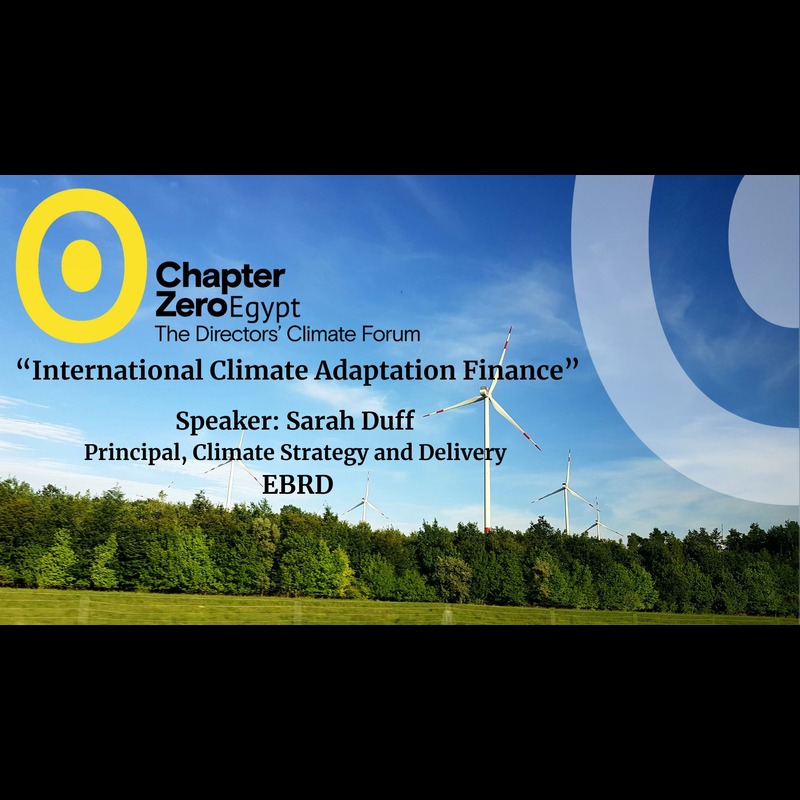

Shaping The Board’s Strategic Direction on Climate

The Chairperson’s Insights into Climate Action
This paper provides a summary of key highlights from interviews with 16 members of the World Economic Forum’s Community of Chairpersons,
read more
The Chairperson’s Guide to Climate Stakeholders
The biggest challenge was that Arguzo was not utilizing technology properly. Too much of the work was still being recorded manually
read more
The Chairperson’s Guide to Decarbonization
Climate change impacts are nonlinear, and even at only 1.5°C of warming –
consistent with the goals of the Paris Agreement
Zero impact brands: the last thing the world needs
Seven ‘Zero Hero’ principlesBelow, we have formulated seven principles for how brands can encourage these more sustainable behaviours and have brought them to life with examples from across a range of sectors and markets.
Don’t boast, nudge
Brands aiming to inspire change should resist the temptation to brag about themselves. Instead they should offer millions of people ways to make small changes to their behaviours.
Normalise the new
Brands can help to make adopting new behaviours easier by framing them as the ‘normal thing to do’ rather than as a radical (and therefore risky or unusual) choices.
Lead (don’t follow) your industry
Brands can establish their leadership credentials and drive widespread change by calling out the big problems that face their industry as a whole – and then inviting others to collaborate and take responsibility together, rather than simply going it alone.
Ask people to make a choice, not a sacrifice
Brands can persuade people to make more sustainable choices if they position their offerings as not just a ‘substitute’ or a ‘sacrifice’, but instead as more rigorously and carefully designed (and thus better than the competition, not just better for the planet).
Be part of a league
Brands can drive up public consciousness and demand for sustainable practices by signing up to cross-category clubs, leadership initiatives and leagues dedicated to driving positive change.
Commit to learning and experimenting
Brands don’t have to claim to be perfect in order to positively influence behaviour. A commitment to experimenting, learning and collaborating can help brands to understand and connect more deeply with their consumers.
Create new patterns of consumption – and business models
Brands can design whole new patterns of consumption that create new and different opportunities to monestise relationships with consumers – which is no bad thing if consumers feel they’re getting great value, as well as reducing their environmental impact.
News hub
Chapter Zero Egypt Hosted an awareness Webinar on “Green Construction and Sustainability,” organized in collaboration with REDCON Construction.
Eng. Noha Nael: “Yes, construction can be sustainable…” CHAPTER ZERO EGYPT hosted the Green Construction & Sustainability webinar, featuring Eng. Noha Nael, the Chief Business Development and Sustainability Officer at REDCON Construction, tackling sustainable construction and the effect of sustainability on the sector from financial and economic perspectives. Nael kicked off the webinar with an
Rushdy: “Egypt is a pioneer in setting VCM Regulations by the FRA”
Cairo 22nd May 2024: Chapter Zero Egypt hosted Dr. Ahmed Rushdy, Sustainability Advisor to the Chairman of the Financial Regulatory Authority (FRA) who presented “Carbon Credits & Voluntary Carbon Markets,” in a comprehensive presentation encompassing the FRA efforts in this domain. Rushdy’s expertise provided attendees with a deeper understanding of the mechanisms and benefits
Chapter Zero Egypt Hosts Sarah Duff of the European Bank for Reconstruction & Development
Cairo 22nd May, 2024: Chapter Zero Egypt hosted Ms. Sarah Duff, Principal Climate Strategy & Delivery - Sustainable Business & Infrastructure at the European Bank for Reconstruction & Development (EBRD) who presented “International Climate Adaptation Finance,” and provided valuable insights into the pressing issues of climate adaptation, resilience, and physical climate risks for companies and



